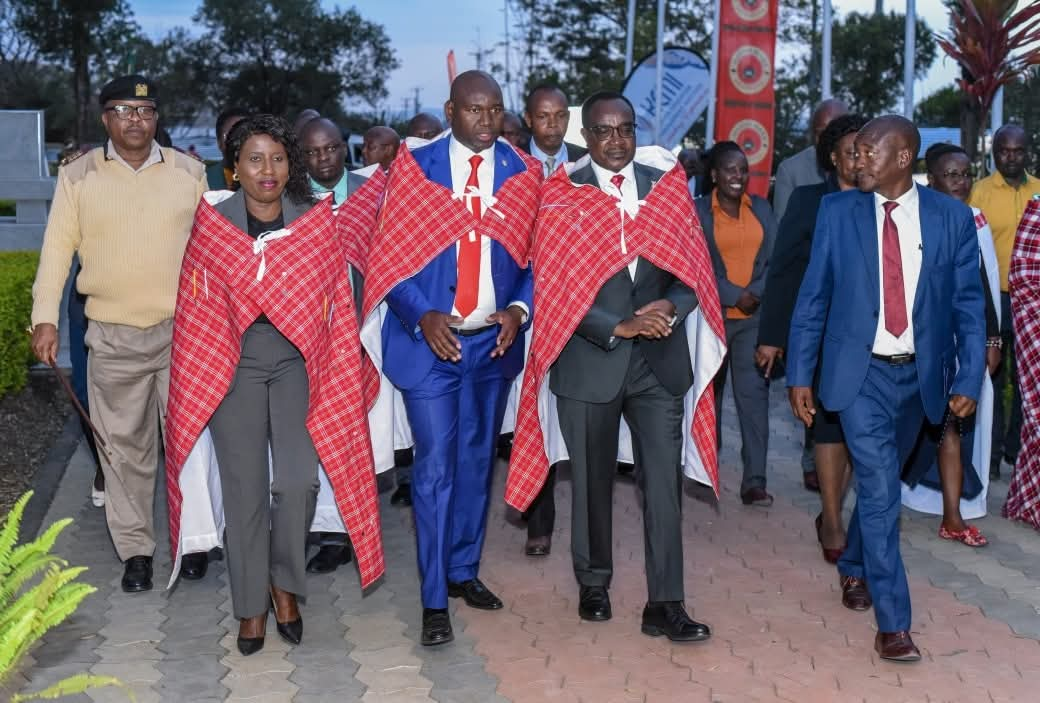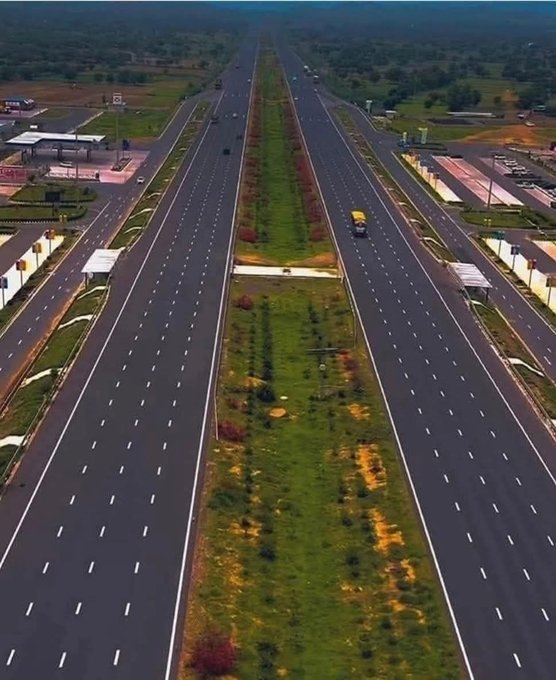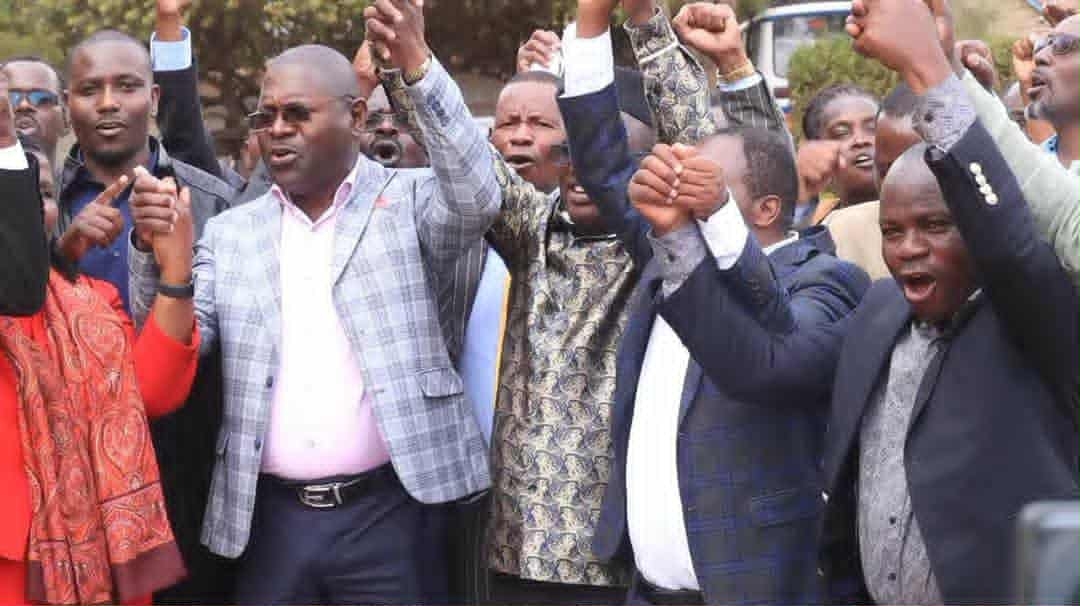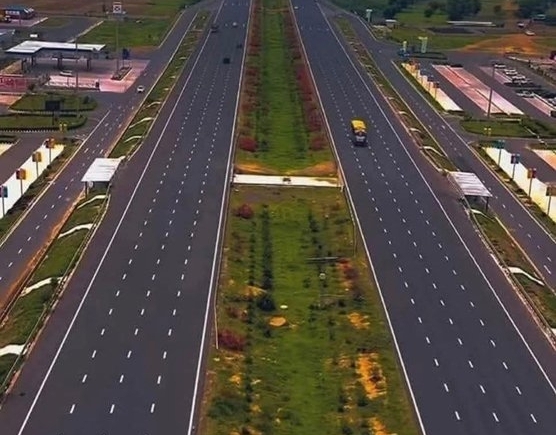

Kenya’s Competency-Based Education (CBE) reforms are set to reach a critical milestone in 2026 with the admission of the country’s first Grade 10 class.
The transition will mark the formal start of senior school, covering Grades 10 to 12, where learners will begin specialising in career pathways.
Learners began Grade 10 school and pathway selection recently, ahead of placement in January 2026.
“The senior secondary phase will focus on nurturing learners’ intellectual abilities through a more personalised and holistic approach to education, preparing adaptable, innovative professionals who can thrive in an ever-changing job market,” Education Cabinet Secretary Julius Ogamba said.
He described it as one of the largest education expansions since independence, pointing out that it produces critical thinkers and problem solvers, not just exam-ready graduates.
“Initially, Grade 9 learners faced the challenge of choosing the three pathways, that is: STEM, Social Sciences and Sports and Arts, but this has since been resolved and the majority of them are now ready to transition to Grade 10,” the CS clarified.
To prepare for the shift, CS Ogamba highlighted that the government has significantly expanded investment in the sector.
He noted that the government has recruited 76,000 teachers.
This, he said, represents nearly 30 per cent of all teachers hired in Kenya’s history.
“When this administration came into office, and from the manifesto that we had, we promised that we would employ 116,000 teachers,” Ogamba said at Maasai Mara University during the inaugural Elimu Mashinani programme.
“We have so far hired 76,000 teachers. We are going to hire another 24,000 teachers, which will leave us with a balance of 16,000. It goes to show that the government appreciates the challenge that is there with respect to the shortage of teachers, and we are doing something about it to ensure that that gap is bridged.”
He further noted that new classrooms have been built to respond to the new infrastructure needs.
“In the classrooms, Ogamba said a total of 23,000 classrooms have been built across the country, adding that the challenge of space was resolved in partnership with the National Constituency Development Fund (NGCDF).”
The government has also raised the education sector’s budgetary allocation from Sh682 billion in the 2024/25 financial year to Sh702 billion in 2025/26.
An additional Sh950 million has been set aside to retool teachers already in the system to address subject gaps and strengthen delivery.
Ogamba indicated that the hiring drive has brought Kenya closer to achieving the UNESCO-recommended student-teacher ratio of 25:1, while the budget allocation now stands at 28 per cent, above the UN body’s global standard.
“The statistics currently show that the teacher-student ratio is now at 1 to 29. The budget that I have talked about is at 28 per cent. UNESCO's requirement is to be at 20 per cent so we are 8 per cent above the international standard that is required,” he said.
He added that 46,000 intern teachers had been transitioned into permanent and pensionable terms and that the Ministry of Education had agreed on modalities to ensure smooth implementation of collective bargaining agreements to reduce recurrent labour disputes.
“This is one of the biggest education reforms that has ever taken place in this country, and as you are aware, we are changing the system from the 8-4-4 to the Competency-Based Education system,” the CS pointed out.
The Ministry says the reforms are designed to shift the system away from an exam-heavy model to one that fosters innovation, problem-solving and critical thinking.







![[PHOTOS] Council of Governors visits Raila's grave](/_next/image?url=https%3A%2F%2Fcdn.radioafrica.digital%2Fimage%2F2025%2F10%2F59c8111a-6f0d-4719-8587-7e965c4bdd34.jpg&w=3840&q=100)





